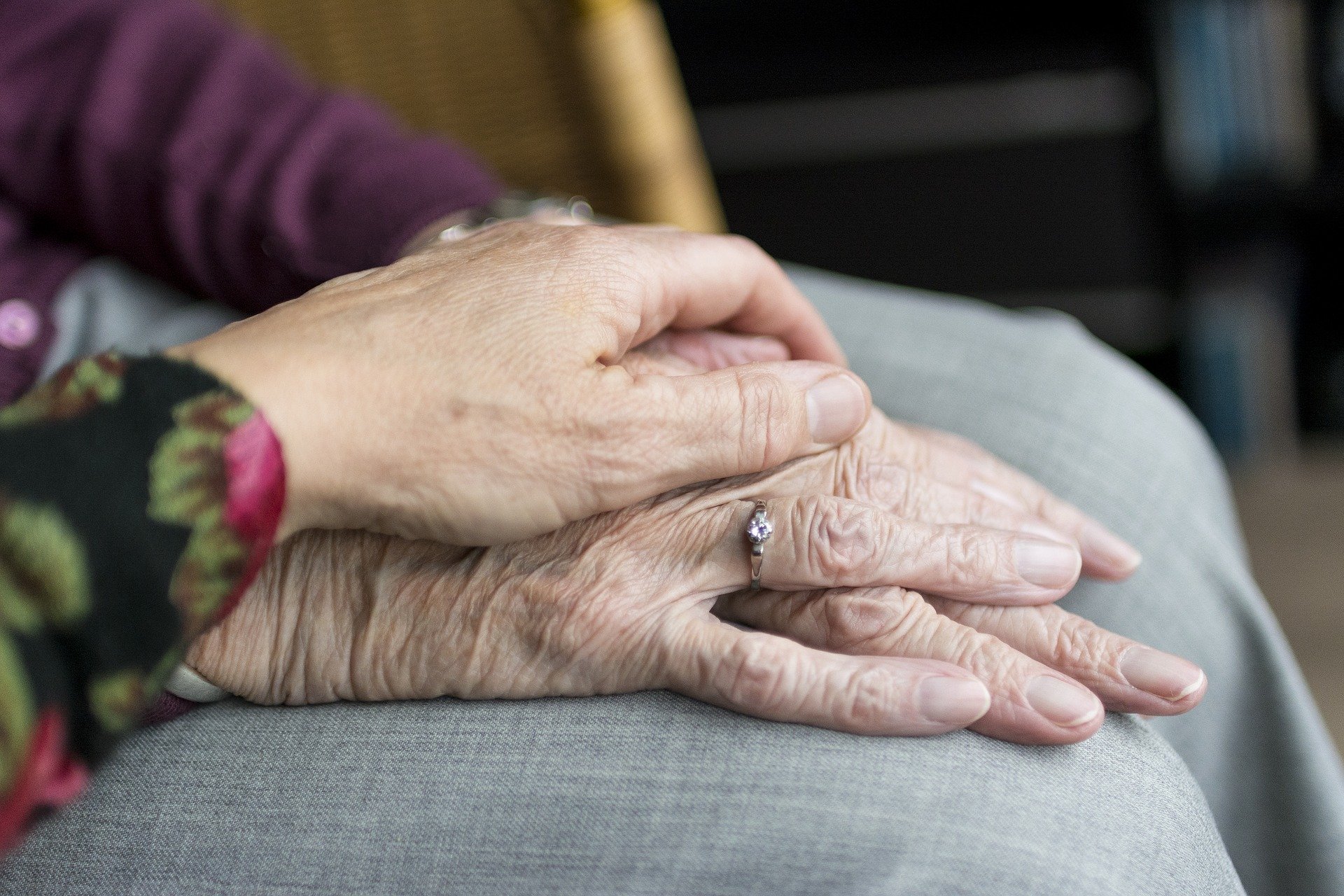-
Advocacy Theme
-
Tags
- Abortion
- Adoption
- Caregiving
- CEDAW
- Disability
- Domestic Violence
- Domestic Workers
- Harassment
- Healthcare
- Housing
- International/Regional Work
- Maintenance
- Media
- Migrant Spouses
- Migrant Workers
- Muslim Law
- National budget
- Parental Leave
- Parenthood
- Polygamy
- Population
- Race and religion
- Sexual Violence
- Sexuality Education
- Single Parents
- Social Support
- Sterilisation
- Women's Charter
Patricia’s story: “Which caregiver has no stress?”
April 20th, 2020 | News, Older People and Caregiving, Your Stories
Our “Your Stories” series are submissions shared with us via email or in one-on-one interviews, for the purposes of our research and campaigns. All names have been changed (unless the use of real names was explicitly permitted by the author), and we have sought permission to publish from the authors/interviewees themselves. The opinions expressed in these posts do not represent those of AWARE.
Patricia: I was concerned to read in the news about a case where an employer of three maids had manipulated and abused them.
What was more worrying was the defence’s argument that caregiver stress had caused her to resort to such abuse. If one is under high stress, under a fight or flight situation, one would not have the mental bandwidth to stage such calculated abuse of getting others to hurt themselves.
My question is, which caregiver has no stress?
When my mother needed intense care, I wrote out a list for my maid to follow daily, and personally guided her through the routine. I regularly checked on medication administration and reviewed our needs at home frequently to buy devices to aid in caregiving.
And through it all, I recognised my maid as a team member that was helping me with my caregiving. I supported her by buying her favourite food, making sure all her needs are met, and buying her gifts now and again, knowing that the day is long at home. When she herself underwent open chest surgery to remove a large mediastinal growth at Thymus area, I made sure to prioritise her recovery. I supported her financially when the insurance coverage was not enough, and physically, caring for her and making sure she ate well.
I urge other caregivers to remember that maids come from a different culture and are usually financially strapped, but they persist to help a new and strange family in a foreign land. They have one thousands things to learn and adapt to in such a short period. They are human beings and have plenty of emotions about caregiving, just like their employers.
Employers should therefore provide a conducive, safe and restful environment for maids. Train them with patience and speak to them without belittling them. They may get frustrated too in the process of learning these new skills. From my many years of personal experience, maids need a pat on their back and appreciative praises. Give it to them when it’s due, just as we would encourage any employee.
I like to believe caregivers are kind people who appreciate maids journeying alongside with them to provide care for their loved ones. I acknowledge that family caregiving is a tough job. All the more we need to help our maids who support us in making this job easier.




